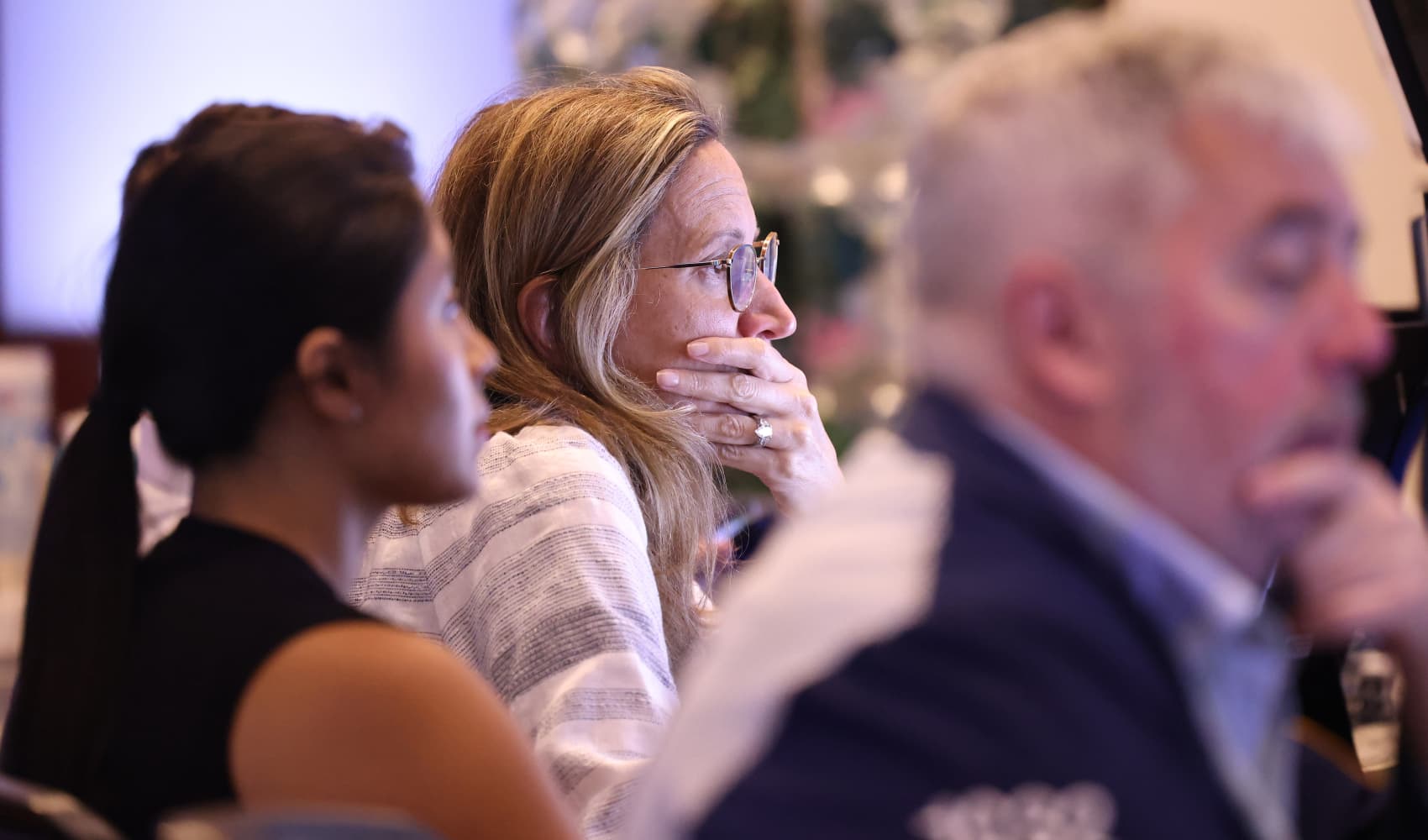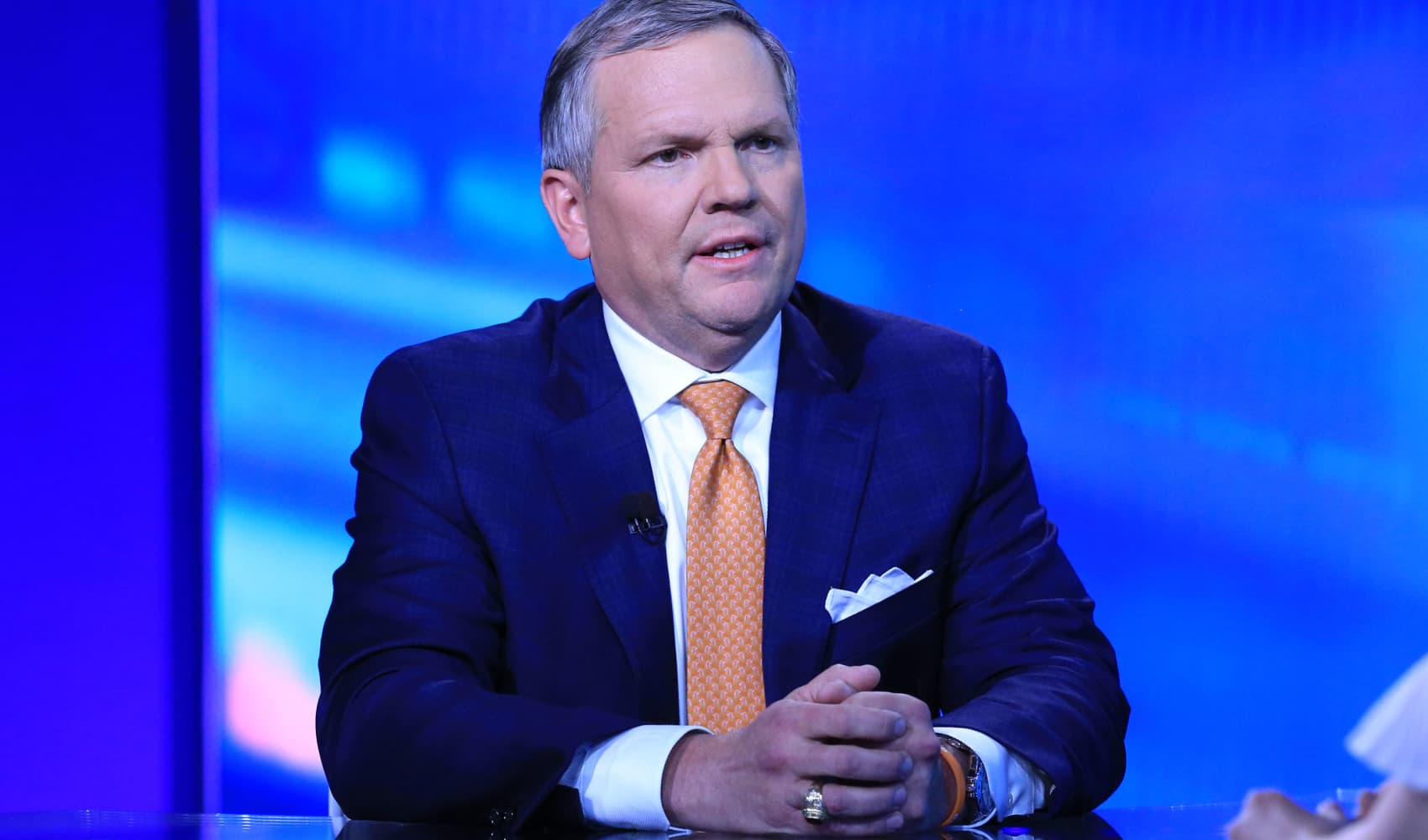
- Japan's Nikkei 225 rose as the country's central bank raised benchmark interest rates to around 0.25%.
- This marks the first time since December 2008 that Japan's benchmark interest rate stands higher than 0.1%.
Asia-Pacific markets rose Wednesday as investors assessed China's business activity data, with Japan's Nikkei 225 reversing course to log gains after the country's central bank raised benchmark interest rates to around 0.25%.
Economists polled by Reuters were expecting the bank to hold rates at the 0% to 0.1% range, though other analysts had expected a hike. This marks the first time since December 2008 that Japan's benchmark interest rate stands higher than 0.1%.
China's factory activity contracted at a slightly faster pace in July, with the official manufacturing purchasing managers' index standing at 49.4, down from 49.5 in June. This figure, however, beat forecasts from a Reuters poll, which expected the PMI to come in at 49.3.
Get top local stories in Southern California delivered to you every morning. Sign up for NBC LA's News Headlines newsletter.
Australia's second-quarter inflation rose 1% compared to the last quarter, while inflation climbed 3.8% year on year.
June's inflation rate also came in at 3.8%, in line with expectations and decelerating from the 4% seen in May.
A weaker inflation reading could open the possibility of rate cuts from the Reserve Bank of Australia, or at least discourage it from raising rates, a course of action that was discussed at its last monetary policy meeting.
Money Report
Japan's Nikkei 225 rose 1.49%, reversing earlier losses and closing at 39,101.82, while the broad-based Topix gained 1.45% to 2,794.26. The country's retail sales climbed 3.7% year on year in June, beating expectations of a 3.2% rise from economists polled by Reuters.
Australia's S&P/ASX 200 ended up 1.75% to hit a record high of 8,092.3 after the inflation report.
South Korea's Kospi rose 1.19%, ending at 2,770.69, with heavyweight Samsung Electronics jumping 3.58% as the firm reported a whopping 1,458.2% year on year rise in second-quarter operating profit. The small-cap Kosdaq was down marginally, finishing at 803.15.
Hong Kong Hang Seng index was up 2.26% as of its final hour of trade, leading Asian markets, with HSBC's Hong Kong shares gaining 3% after the bank's profit beat estimates and it announced a $3 billion share buyback program.
Mainland China's CSI 300 rose 2% to close at 3,442.08, powered by real estate and healthcare stocks.
Separately, China's securities regulatory commission has replaced vice chairman Fang Xinghai with Li Ming, its inspection bureau chief. Fang has been in the role of CSRC vice chairman since 2015. The state-run Global Times, citing local media, reported that Fang was retiring.
Overnight in the U.S., the S&P 500 was dragged lower by declines in megacap tech stocks, as investors braced for quarterly reports from names in that cohort. Traders also set their eyes on Washington as the Federal Reserve began its latest policy meeting.
Nvidia shares pulled back by 7%, while Microsoft shed about 0.9%. Tech-related giants Amazon, Netflix and Meta Platforms also declined.
The broad market index lost 0.5%, while the Nasdaq Composite tumbled 1.28%. In contrast, the Dow Jones Industrial Average climbed 0.5%.
—CNBC's Pia Singh and Yun Li contributed to this report.






